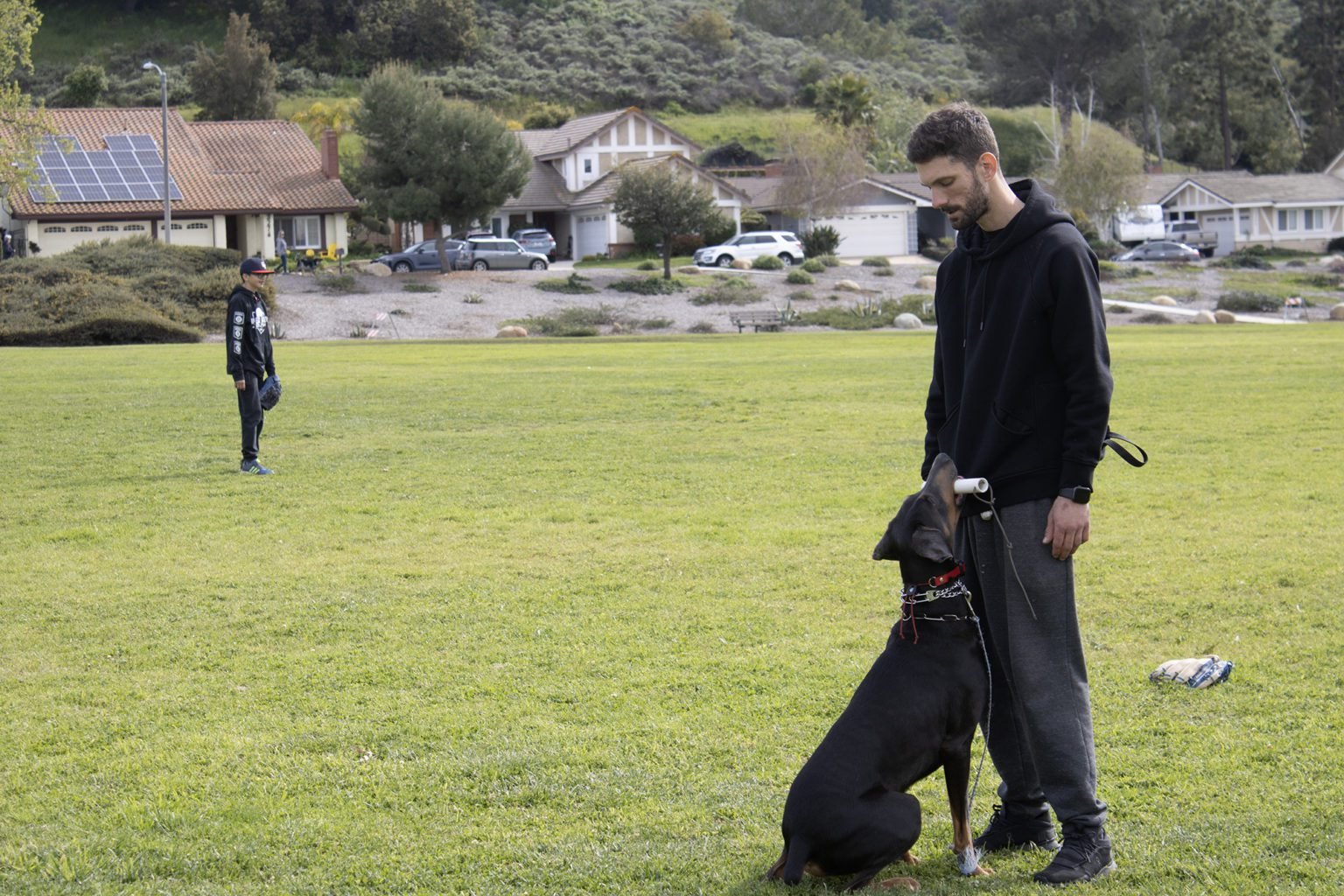Mastering Dog Training: A Comprehensive Guide for Pet Owners
Dog training is an essential aspect of pet ownership that fosters better behavior, communication, and companionship between dogs and their owners. Whether you’re starting with a new puppy or refining the skills of an older dog, understanding the principles and techniques of effective dog training in Agoura Hills CAis key to a harmonious relationship.
Why is Dog Training Important?
Training your dog goes beyond teaching basic commands. It helps to:
- Establish Communication: Training enhances the ability to communicate effectively with your dog, ensuring they understand your expectations.
- Ensure Safety: Trained dogs are less likely to engage in risky behaviors or put themselves in danger.
- Enhance Bonding: The training process strengthens the bond between you and your dog through positive interactions and shared experiences.
Effective Dog Training Techniques
- Positive Reinforcement: Rewarding desired behaviors encourages repetition.
- Consistency: Establish clear rules and routines to avoid confusion.
- Patience and Persistence: Dogs learn at different paces; patience is essential.
- Socialization: Expose your dog to various environments, people, and animals to build confidence.
Common Training Issues and Solutions
Jumping Up
Issue: Dogs often jump on people as a form of greeting.
Solution: Ignore the behavior and only reward when all four paws are on the ground.
Leash Pulling
Issue: Dogs pull on the leash during walks, making it challenging to control.
Solution: Use positive reinforcement to reward loose leash walking and consider using a harness.
Excessive Barking
Issue: Dogs bark excessively, disturbing neighbors or causing stress.
Solution: Identify the trigger and redirect their attention using positive distractions or training commands.
FAQs
Q: How often should I train my dog?
Training sessions should be short (10-15 minutes) and frequent, ideally a few times a day.
Q: Can older dogs learn new tricks?
Yes, older dogs can learn new behaviors through patient and consistent training methods.
Q: What if my dog doesn’t respond to positive reinforcement?
Try adjusting the reward or seek guidance from a professional dog trainer to identify alternative techniques.
Conclusion
Investing time and effort into dog training service not only improves their behavior but also enriches your relationship. By understanding their needs and using effective training methods, you can create a happy and well-behaved companion. Remember, each dog is unique, so tailor your approach to suit their personality and learning style for the best results.









